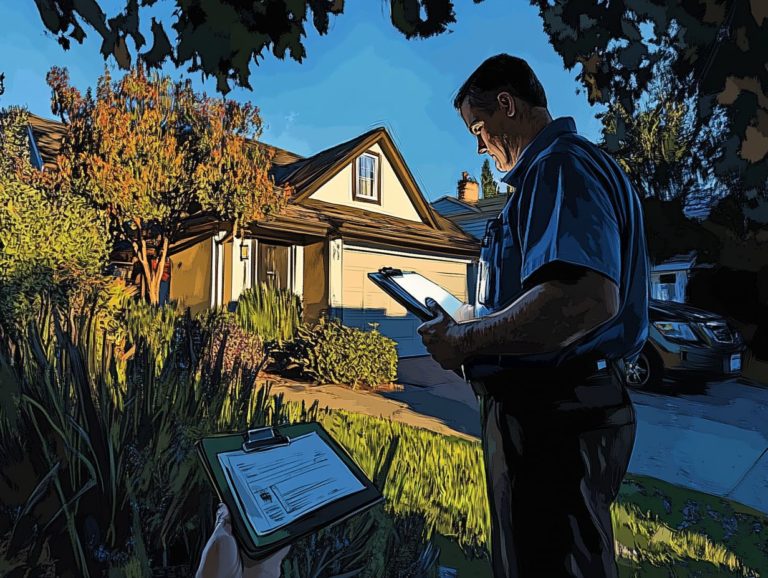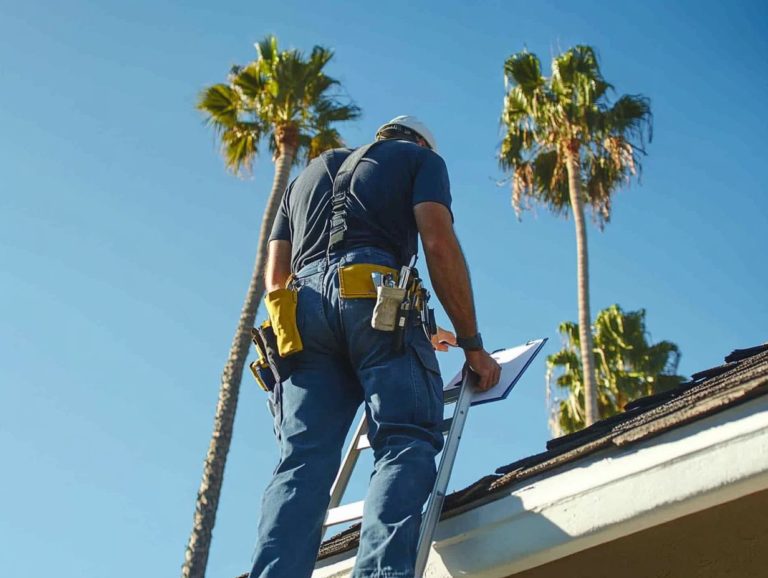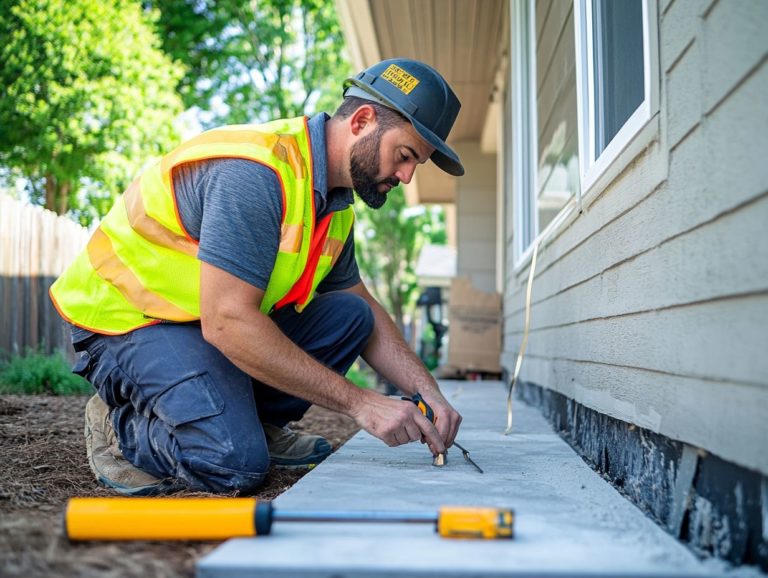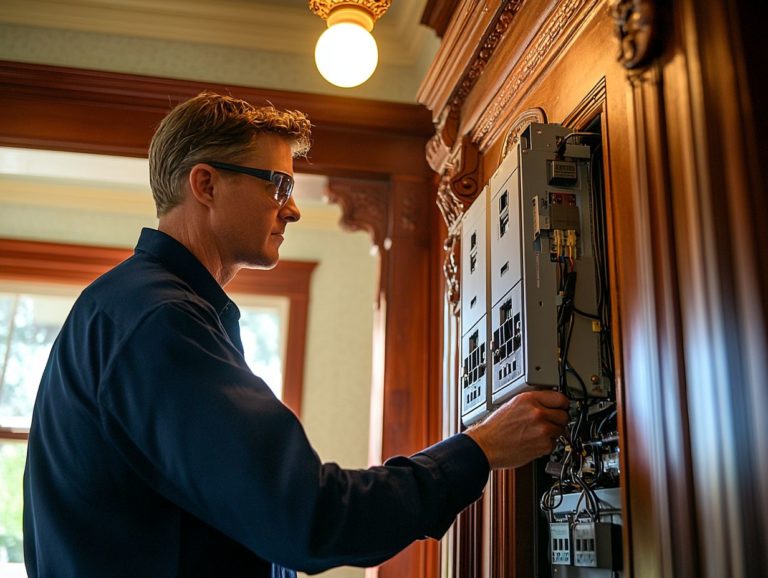How to Communicate with Your Inspector
When you re buying or selling a home, grasping the intricacies of a home inspection can truly make all the difference.
This guide will illuminate the essential aspects of the inspection process, detailing what you can expect on the day itself and how to communicate effectively with your inspector.
You ll also discover how to prepare for the inspection, interpret the findings, and navigate the subsequent steps with confidence.
Plus, you ll find valuable tips to ensure a smooth and successful experience.
Jump in and get ready to be well-prepared and informed!
Contents
- Key Takeaways:
- Understanding the Role of a Home Inspector
- Preparing for the Inspection
- Communicating Effectively with Your Inspector
- Handling Inspection Findings
- Tips for a Successful Home Inspection
- Frequently Asked Questions
- What is the best way to communicate with my inspector?
- What s the easiest way to schedule a meeting with my inspector?
- Is it important to communicate with my inspector during the inspection process?
- Can I request a specific method of communication with my inspector?
- What should I do if I have questions during the inspection?
- How often should I communicate with my inspector?
Key Takeaways:
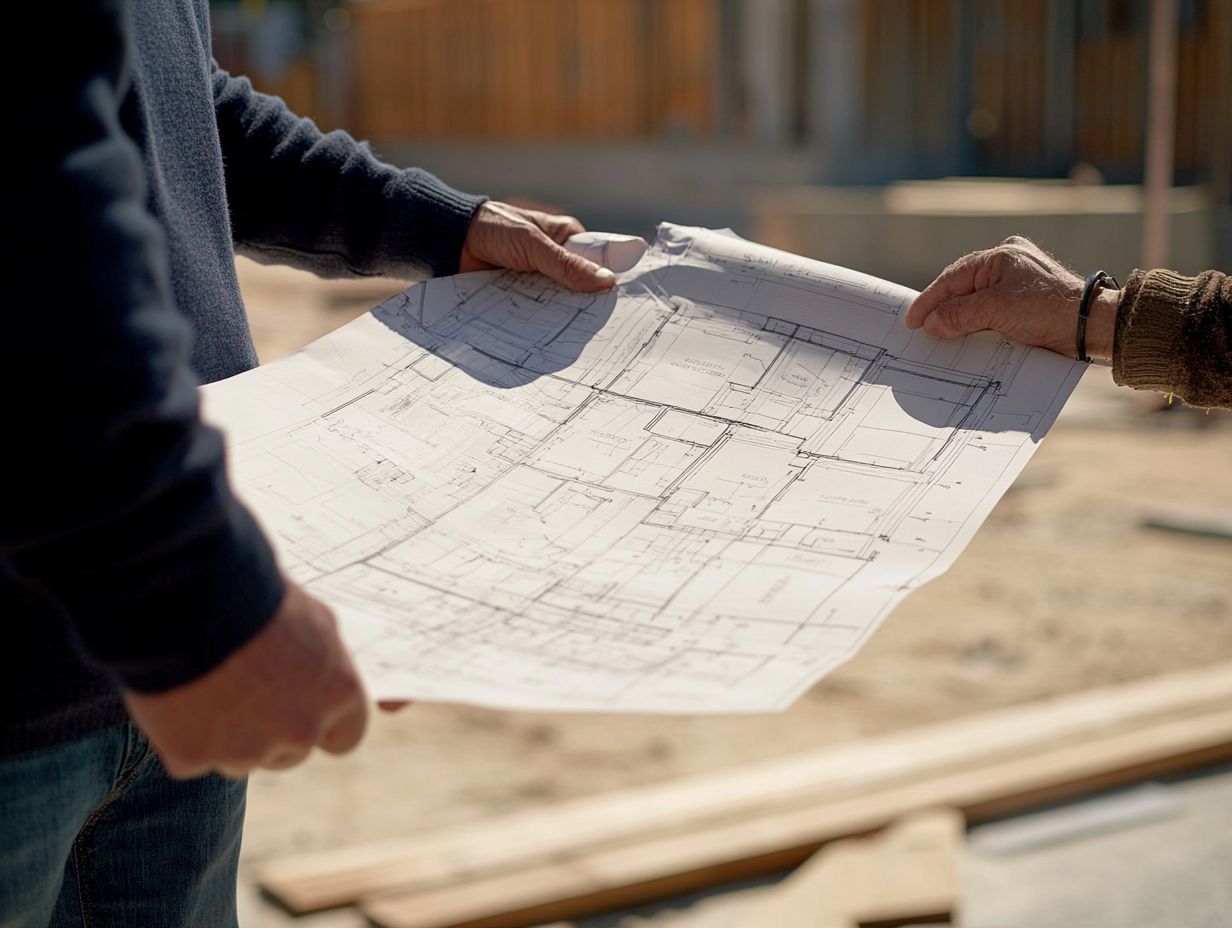
Be prepared for your home inspection by understanding the role of the inspector and what to expect from the process.
Communicate effectively with your inspector by asking questions and addressing concerns during the inspection, which can help you understand how to make the most of your home inspector’s expertise.
After the inspection, carefully interpret the report and take necessary next steps to handle any findings.
Follow these essential tips for a successful home inspection, including taking certain steps before the inspector arrives.
Understanding the Role of a Home Inspector
The role of a home inspector is crucial in the real estate transaction process. They ensure that you, as a homebuyer, receive a comprehensive evaluation of the property you re considering.
This assessment involves checking the property to see if it meets local building rules, identifying potential health and safety concerns, and providing you with a detailed inspection report that highlights any defects.
A skilled home inspector uses their extensive industry knowledge, rigorous training, and commitment to established standards of practice to not only meet your expectations but also build your confidence in the purchase.
What to Expect from a Home Inspection
A home inspection typically involves a meticulous assessment aimed at uncovering potential property defects and ensuring the overall integrity of the home. During this process, you can anticipate a thorough evaluation of various elements, such as structural components, roofing, plumbing, electrical systems, and even Heating, Ventilation, and Air Conditioning (HVAC) units.
Inspectors often document issues like leaks, mold, or outdated wiring. These can pose safety hazards or lead to costly repairs down the road.
The inspection report is an invaluable tool in this journey. It offers detailed insights into the property s condition, educating you about potential concerns and giving you the power during negotiations.
By grasping these findings, you can make informed choices, ensuring your investment is sound and steering clear of unexpected complications.
Preparing for the Inspection
Preparing for a home inspection requires you to take several essential steps, whether you’re a buyer or a seller.
Begin by scheduling the appointment and sharing all pertinent information with the inspector to ensure a seamless process.
Steps to Take Before the Inspector Arrives
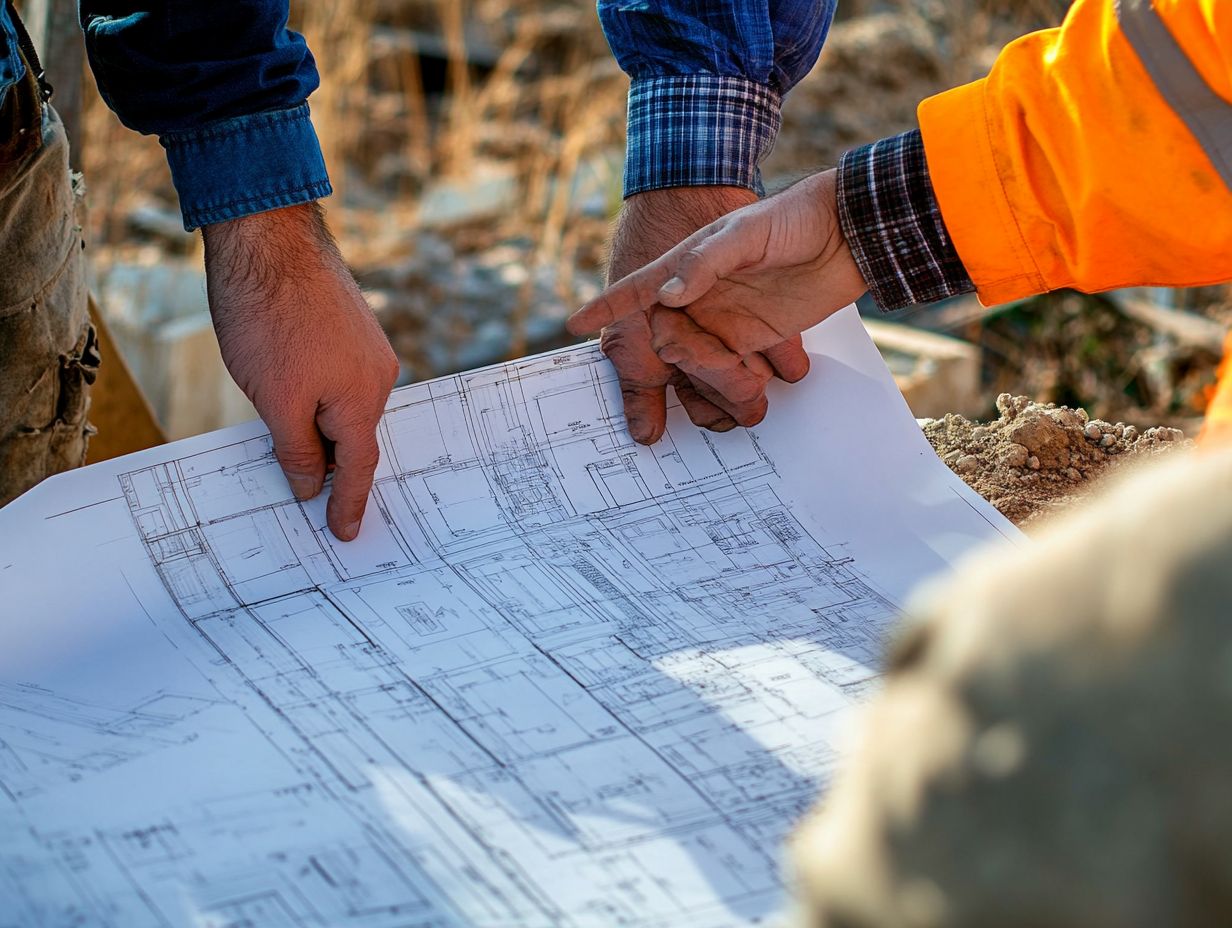
Before the inspector arrives, it s essential for you to take specific steps to ensure a thorough property inspection. Start by making sure all areas are easily accessible and that you have relevant documents at the ready.
Clear any obstructions around critical systems like the HVAC unit, water heater, and electrical panels. This will allow the inspector to assess these key components without any holdups.
Gathering maintenance records and warranties can offer valuable insights into your home’s condition and highlight any repairs that have been completed.
Don’t forget to communicate any specific areas of concern or unique features of your property that might need special attention during the inspection. Effective communication not only creates a collaborative atmosphere but also guarantees that the inspection results are comprehensive and tailored to your needs.
Communicating Effectively with Your Inspector
Effective communication with your home inspector can profoundly impact the inspection’s outcome and elevate your overall experience as a client. For more insights, consider learning how to effectively communicate with your agent.
It s crucial for you to ask questions and voice any specific concerns you may have. This proactive approach not only clarifies uncertainties but also fosters a more thorough and attentive inspection process.
Asking Questions and Addressing Concerns
Asking the right questions can illuminate uncertainties. It empowers you to fully grasp the property inspection’s intricacies.
Prepare targeted inquiries about the inspection process and potential property defects. This helps you engage meaningfully with the inspector.
This proactive approach ensures that your concerns are addressed and boosts your confidence in your purchasing decision.
Knowing the home’s condition helps you make better choices, enabling you to identify necessary repairs or adjustments.
Ultimately, this level of engagement transforms the home-buying experience into something far more satisfying.
Handling Inspection Findings
Once you’ve completed the inspection, grasping how to interpret the findings in the report is essential for both buyers and sellers.
This understanding can significantly influence property values and inform long-term investment choices.
How to Interpret the Report and Next Steps
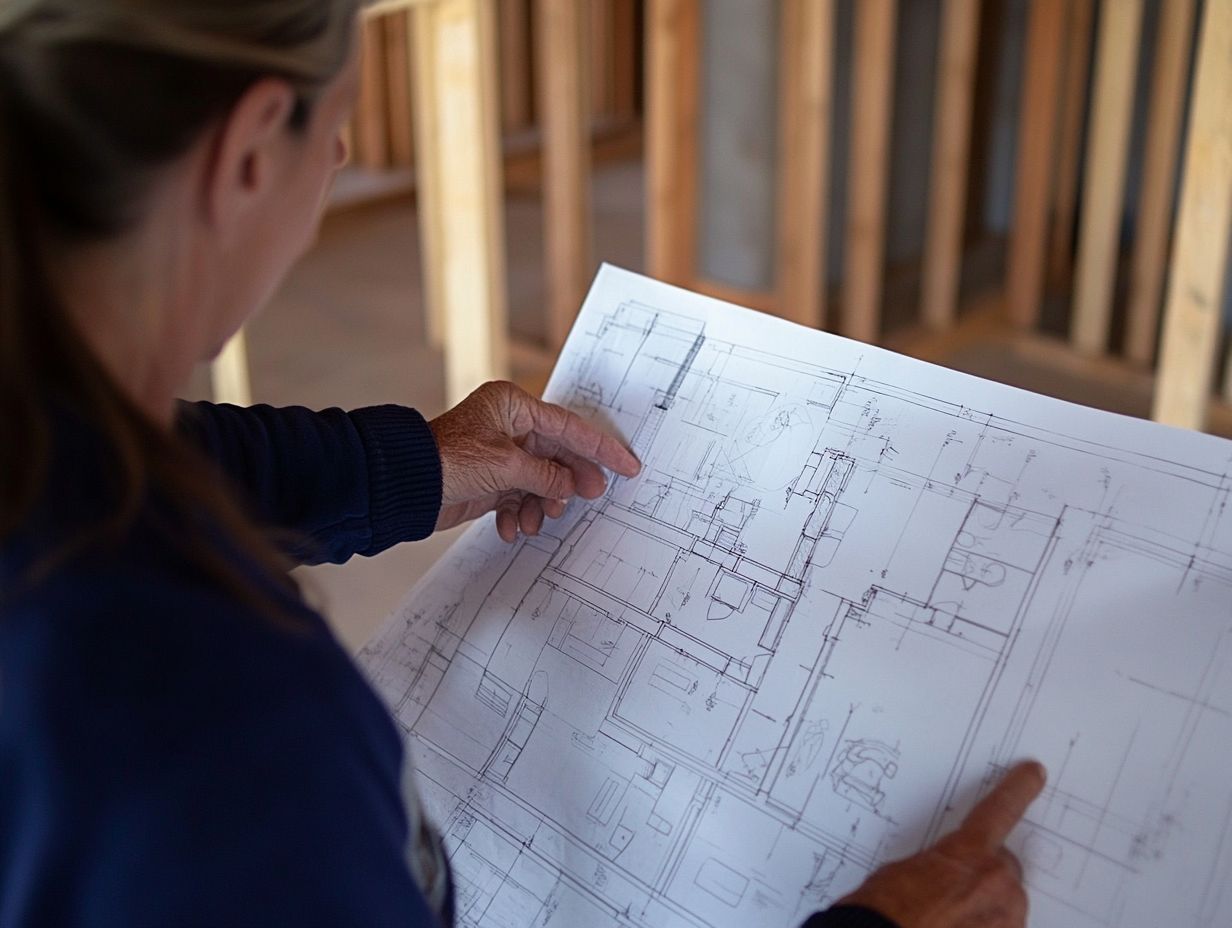
Interpreting the detailed report from a home inspection requires you to understand the significance of various problem areas. This helps determine the best course of action for addressing them.
Familiarize yourself with key terminology, such as “delayed repairs” for repairs that have been postponed over time. Recognizing common issues like plumbing leaks or electrical faults allows you to prioritize repairs.
This knowledge allows you to engage in informed negotiations with sellers, ensuring you re not caught off guard by unexpected expenses after the purchase. Understanding the inspection report is vital to secure your investment and enjoy peace of mind in your new home.
Tips for a Successful Home Inspection
To achieve a successful home inspection, adhere to specific dos and don’ts that facilitate effective communication and cultivate a positive rapport with the inspector.
Dos and Don’ts for a Smooth Inspection Process
Understanding the dos and don’ts of a smooth home inspection process gives you the power to navigate potential challenges effectively.
By taking a proactive approach, you can engage in a transparent dialogue that fosters mutual understanding. Before the inspection, prepare your home by ensuring accessibility to areas like basements, attics, and crawlspaces.
Address any minor repairs that could raise concerns, but resist the urge to over-polish or hide issues this could lead to complications later.
Maintaining open lines of communication with the inspector is essential during the inspection. This allows for thorough discussions and clarifies any concerns.
Collaboratively reviewing the report after the inspection can help both sides grasp the full picture, allowing you to make informed decisions as you move forward.
Frequently Asked Questions
What is the best way to communicate with my inspector?
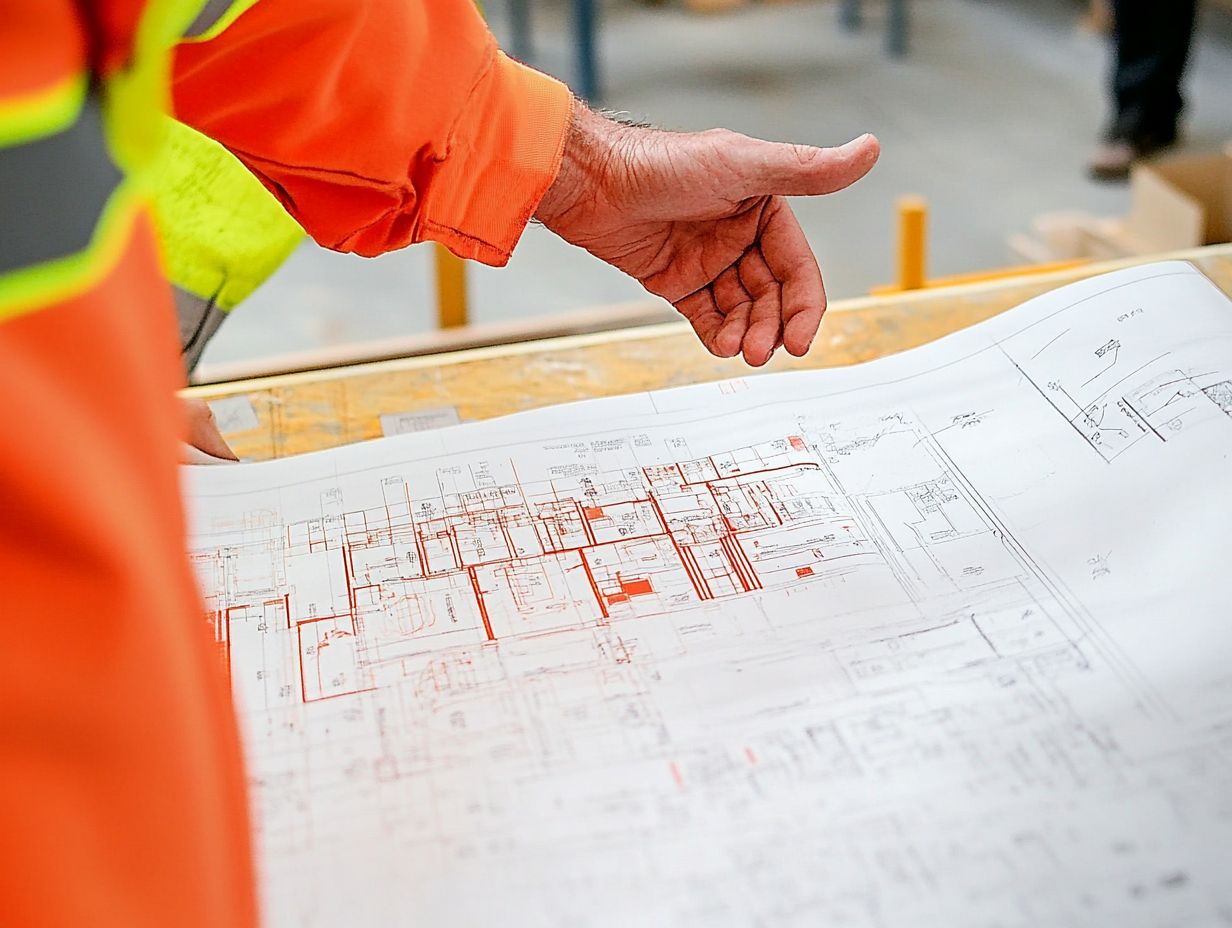
The best way to communicate with your inspector is through clear, direct communication. This can be done through phone calls, emails, or in-person meetings, and it’s also helpful to know how to follow up with your home inspector for any additional questions.
What s the easiest way to schedule a meeting with my inspector?
To schedule a meeting with your inspector, reach out to them directly through email or phone. You can also contact their office to set up an appointment.
Is it important to communicate with my inspector during the inspection process?
Yes, it is important to communicate with your inspector during the inspection process. This allows you to address any concerns or questions and ensures that the inspection is thorough and accurate.
Can I request a specific method of communication with my inspector?
Yes, you can request a specific way to communicate with your inspector. Keep in mind that they may have a preferred way to connect.
What should I do if I have questions during the inspection?
If you have questions during the inspection, feel free to ask your inspector for clarification. Your inspector is eager to assist you!
How often should I communicate with my inspector?
You should communicate with your inspector as needed throughout the inspection. This could be daily or weekly, depending on any updates or concerns that arise.

